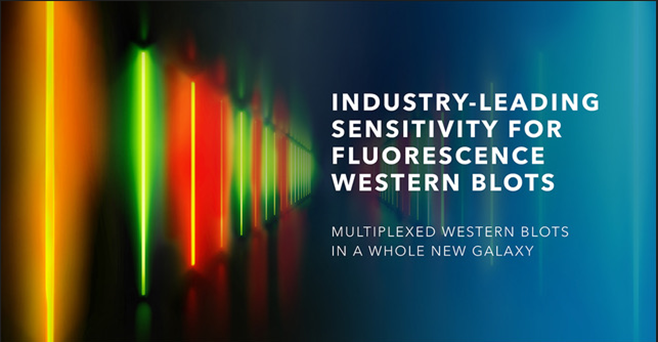Studying protein phosphorylation is challenging when using the traditional chemi Western blotting approach, and weak signals from phospho-specific antibodies often cause multi-color fluorescence Westerns to fail.
In this webinar, Yan Qian from Dr. Paul Pfaffinger’s lab at Baylor College of Medicine will share valuable insights on advancements being made in the field of protein phosphorylation research. Using eIF2a and p-eIF2a (Ser51) detection as an example, Yan will detail her experience in transitioning from traditional to automated Westerns using the Jess System, and how her team is leveraging the new Stellar fluorescence detection module to allow simultaneous measurement of phospho and total protein level.
Topics Covered:
- Transitioning from traditional western blot to Simple Western, a next-generation biomolecular analytical tool that combines capillary electrophoresis with immunodetection
- Utilizing New Stellar Fluorescence detection for high sensitivity simultaneous detection of eIF2a, p-eIF2a and a third control all in a single run.
- Determination of linearity and reproducibility Stellar fluorescence detection.
Speaker:
 |
|
Yan Qian, Ph.D.
Dr. Paul Pfaffinger's Lab
Department of Neuroscience
Baylor College of Medicine
|
|
|

